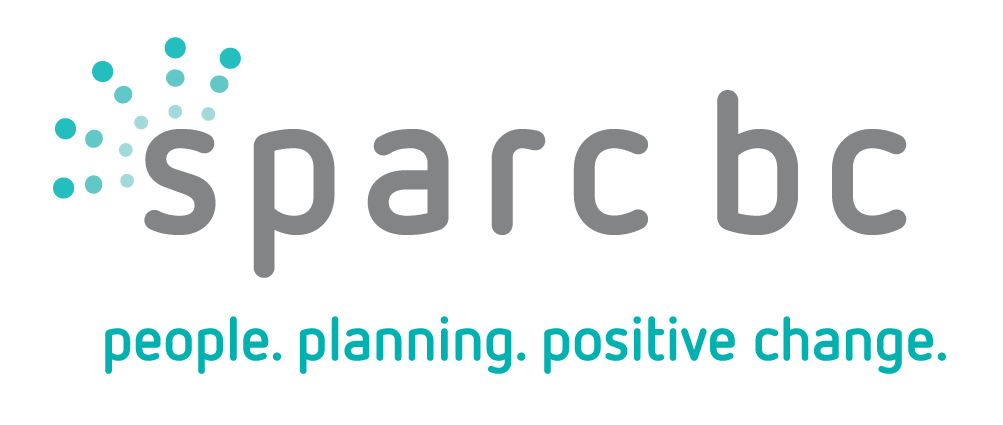Our Approach
Home » Partnerships » Research, Planning and Consulting Services » Our Approach
OUR APPROACHES TO RESEARCH
SPARC BC Research, Planning and Consulting adheres to the SPARC BC Research Ethics Policy. We believe in evidence-based, inclusive and action-oriented approaches that serve as a catalyst for positive change.
We are committed to achieving the best possible outcomes with all of our clients and collaborators. We have a successful track record in using the full range of social science research methods and specialize in the following:
RESEARCH DESIGNS
- Experimental and quasi-experimental research
- Survey research and sampling frameworks
- Service gap analysis and needs assessments
DATA COLLECTION
- Online surveys
- Telephone surveys
- Self-administered questionnaires
- Interviews
- Focus groups and workshops
- Videography
- Online document reviews and academic literature reviews
DATA ANALYSIS
- Data aggregation, cross tabulation and other statistical analytical methods using SPSS
- Hypothesis testing
- Graphic rich statistical tables, charts and graphs,
- Data mapping using GIS
- Thematic analysis
- Literature synthesis
RESEARCH MANAGEMENT AND APPLICATION OF RESEARCH
- Multi-phase project management for small and large studies, including recruitment and training of researchers
- Research governance development
- Ethics regarding data archiving, confidentially, anonymity and privacy
- Knowledge dissemination and translation through face-to-face and on-line processes
EXAMPLES OF OUR SERVICES AND DELIVERABLES
- Public Service Evaluation
- Accessibility Audits
- Working with Indigenous Communities
- Strategic Planning for Non-profit Organizations
- Community Planning
- Community Statistical Reports
- and more
OUR APPROACHES TO PLANNING
We favour participatory strategies that ensure all participants are able to make contributions and that all people that have a stake in the issues are heard throughout the process.
We custom-build each planning project by matching the most appropriate strategies with the context and needs of the project and aim to include individuals and groups that do not traditionally get involved in planning activities.
Although we may use different strategies for different projects, our approach to planning is rooted in the seven-step planning model developed by Peter Boothroyd (CHS Bulletin, 1991) which has proven to be useful for a diverse range of planning projects.
Below is a general outline of the common steps for how SPARC plans with and for our clients and partners in the nonprofit sector, government (First Nations, federal, provincial, regional and municipal) as well as the business community.
- First, we define and/or confirm the core planning tasks that need to be completed in the process;
- Second, we develop goals of what you want for whatever is being planned;
- Third, we engage the relevant facts once the general goals are identified;
- Next, we generate an inclusive list of action possibilities, which are the things that can be done that would help the community and/or organization toward their goals;
- Fifth, we package the action possibilities into a limited set of options;
- Sixth, we create assessments of the pros and cons of each of the options; and,
- Finally, we facilitate decision-making about the options that ought to be adopted (or recommended).
Following these steps, we draw upon our Community Engagement Toolkit (PDF) selecting those options that are most culturally responsive to the context of the planning work.
For more information about SPARC BC Research and Consulting Services, please contact us at:
- Email:programs@sparc.bc.caOpens in your application

